Three years ago the BBC published The Royal Society Of Medicine’s findings that showed over a quarter of care home residents in the UK were not drinking enough fluids. What’s worse is that should an individual have dementia, they were six times more likely to suffer from severe dehydration.
Even though we know how important drinking water is, ideally you should have between six-eight glasses per day, some of the most vulnerable people in our society are being constantly let down. The problem is that many care homes are already short staffed, residents may believe they’ve drunk something when they haven’t and it’s harder to keep track of fluid intake without resorting to invasive methods. Another issue is that lots of older people simply forget that they’re thirsty, the body doesn’t necessarily remind them in the same way it used to and so they end up consuming less liquids because they don’t get a dry tongue or a headache.
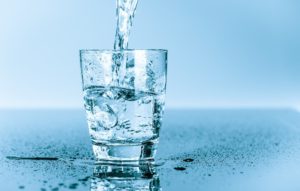
Photo Credit: Roctownlive.com
Sadly, many residents also choose to drink less because they don’t want to draw attention to the fact that they need bathroom assistance. Those in the medium stages may also notice their ability to control bodily functions gradually slipping and will try to reduce accidents by not drinking. Unfortunately, one of the side effects of dehydration is cystitis which, in turn, irritates the bladder and a UTI makes things more uncomfortable when you do use the toilet. Believe it or not, many people tend to dismiss an elderly person’s fears around the toilet, or needing to use incontinence products when the exact opposite should be happening.
Dehydration isn’t a trivial issue, as over time it will lead to nausea, headaches, dizziness, vomiting and even fainting. It also exacerbates feelings of confusion because it’s bad enough trying to think straight when you’ve not drunk anything for a few hours let alone a whole day. Many elderly people also tend to have difficulty swallowing so may feel afraid that too much water at once may cause them to cough or choke.
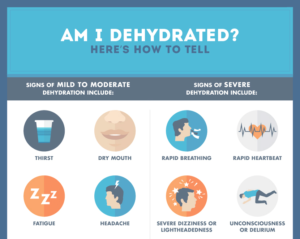
Photo Credit: Ultimate Replenisher
Research has also shown that people’s anxiety, and depression levels are lowered when you increase the amount of fluid they drink throughout the day. When you offer someone a varied fluid ‘diet’ of say water, fruit juice, herbal tea, fruit smoothies and milkshakes not only are you looking after them physically but also mentally. Why? Because as sentient, thinking beings our ability to choose is vital to having good mental health. If you let someone decide for themselves they’re more likely to do, say or consume what you need them to rather than you giving it to them. Something to also keep in mind is to not unduly pressure someone to drink but likewise don’t fall into the trap of ‘they’ll know themselves’ because this often isn’t the case. For staff, a gentle reminder when serving meals, or when going around the ward / day room will help them to boost their fluid intake.
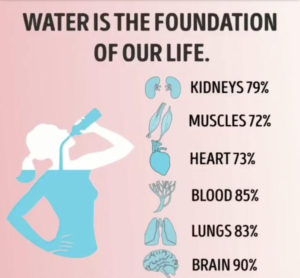
Visitors should always aim to have a drink while spending time with their loved one, not only will it encourage them to participate but it should help them feel more relaxed. Nobody likes being stared at while they eat / drink so don’t look at them like a zoo animal when they do! Mind you, don’t let them fob you off completely saying they’ll ‘drink it later’ as invariably it never happens. Typically, the best way to see if someone is dehydrated is to gently pinch the skin on the back of their hand- it should feel firm and elastic. However, age equals loss of skin elasticity in older people so instead you should look for the following :
- dry mouth and/or dry skin in the armpit
- high heartrate (usually over 100 beats per minute)
- low systolic blood pressure
- dizziness
- weakness
- delirium (new or worse-than-usual confusion)
- sunken eyes
While these signs don’t always indicate dehydration, more than a few together with a general listlessness would be a good indicator someone is not drinking enough. If so, offer them a drink, give them a choice, but don’t be surprised if they take tiny sips instead of large gulps. For the reasons we’ve stated above many older people are cautious of drinking, but it’s crucial that they finish or at least consume a reasonable amount of fluid. Otherwise, in some cases an IV may be required to boost fluid levels. Remember, care homes are legally obligated to make sure all residents have access to food and drink. If you do have concerns then ask to speak to the manager, who should be able to discuss their medical notes as often residents input / output is kept track of for dietary and overall health reasons.
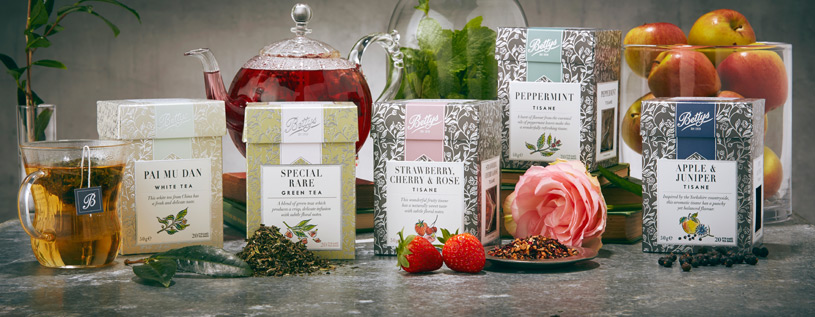
Photo Credit: Betty’s

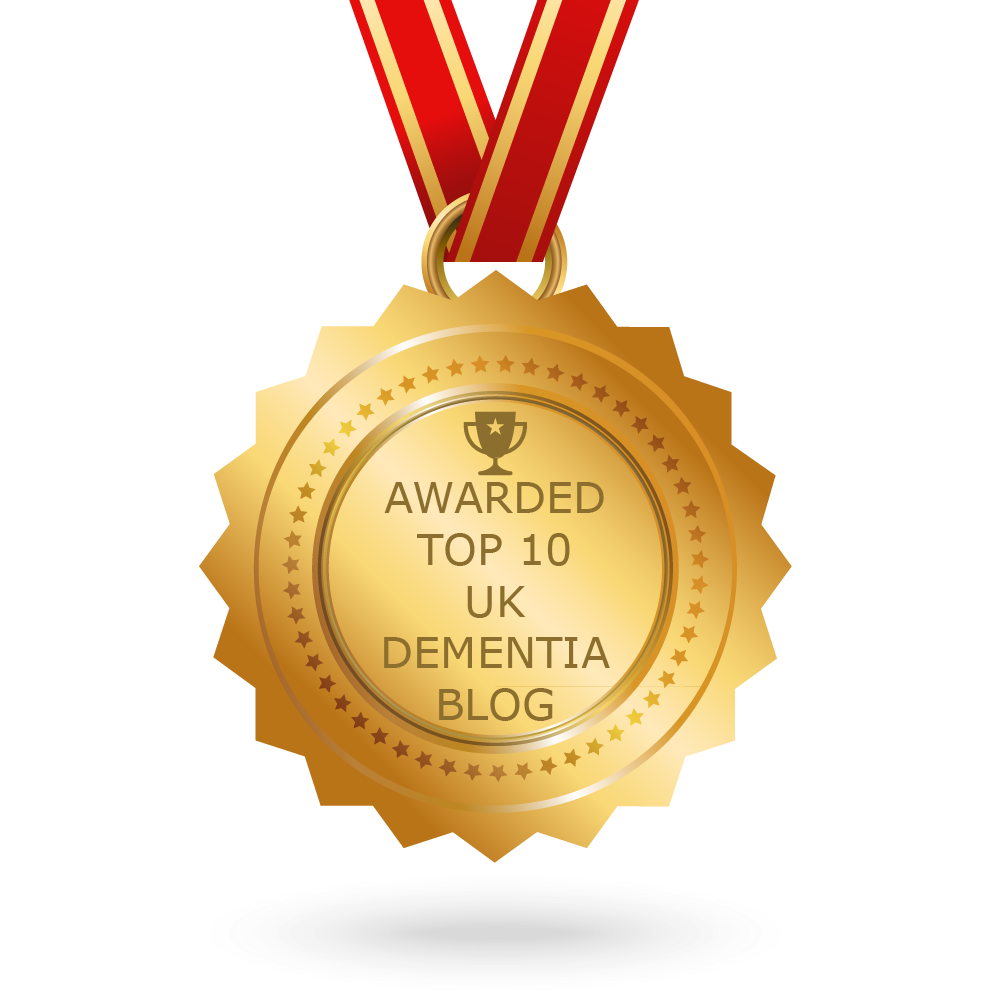

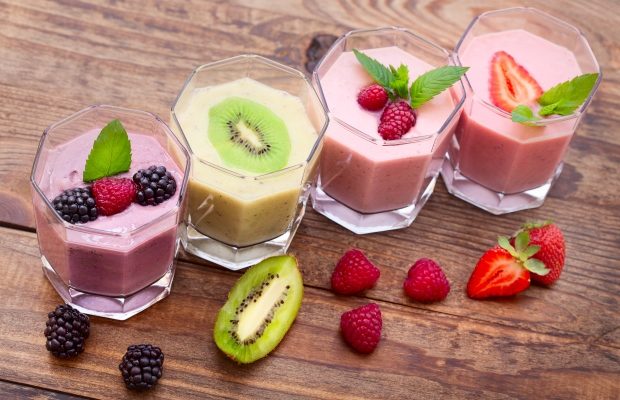

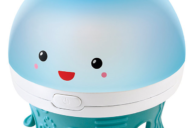





No Comments